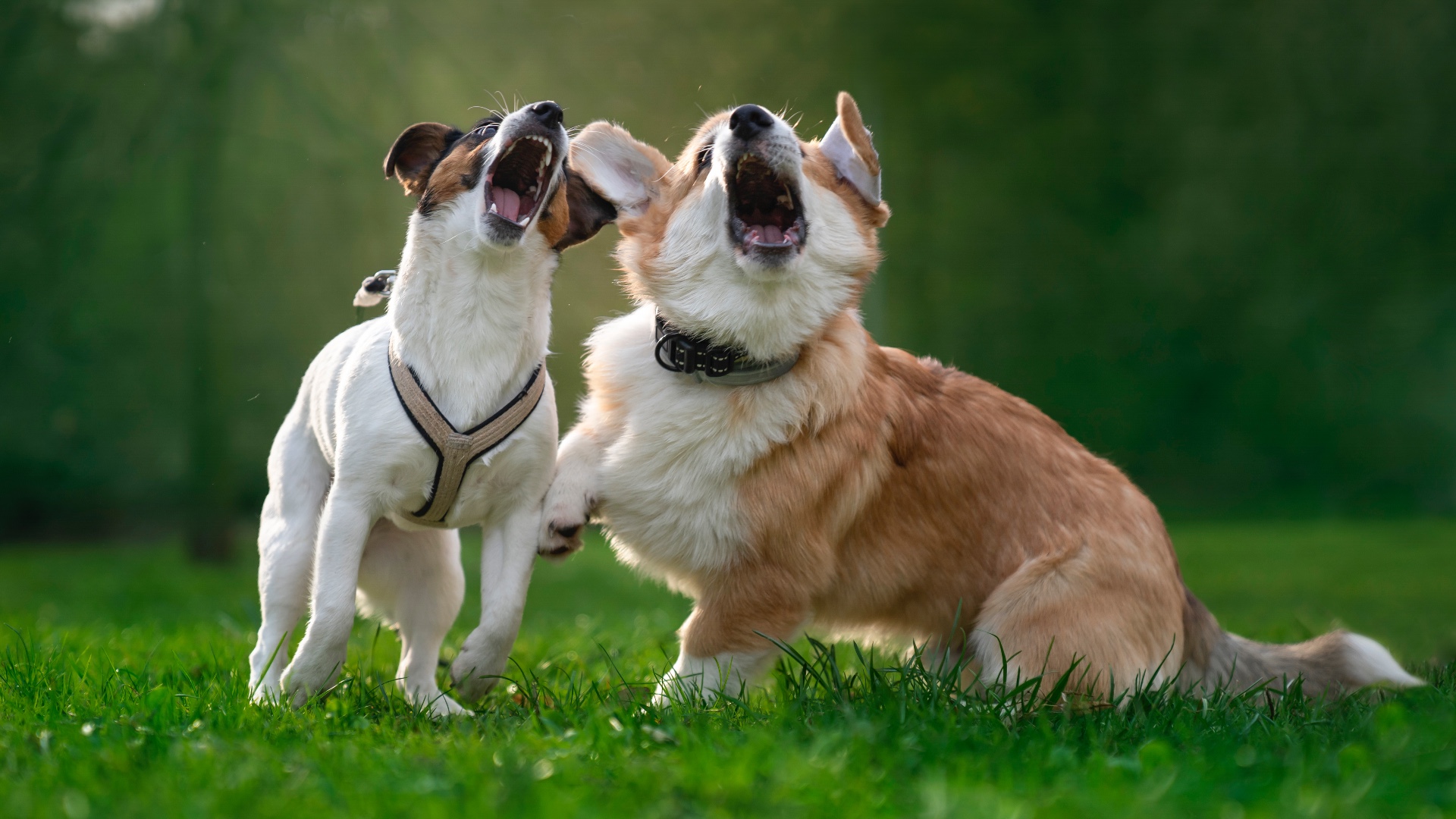Trainer reveals the surprising thing that could be making your dog’s reactivity worse
Is your dog reactive? According to an expert trainer, it could be time to check their weight. Here's why...

Get the best advice, tips and top tech for your beloved Pets
You are now subscribed
Your newsletter sign-up was successful
Disclaimer: Unless specifically stated, any expert comments quoted in this news piece have been taken directly from the video cited below.
Of all the possible issues you can face as a dog owner, reactivity in dogs is hands down one of the most challenging.
While learning how to calm a reactive dog can be helpful in reducing behaviors such as barking or lunging, you may be shocked to discover the surprising factor that could be causing your dog's reactivity in the first place.
According to expert trainer Adam Spivey, one of the causes for reactivity in dogs that many of us aren't aware of is weight gain.
In a video shared to Instagram, which you can view below, Spivey addresses this issue in a real life training situation and explains the link between weight and reactivity.
Read on to find out what he had to say...
A post shared by Southend Dog Training (@southenddogtraining)
A photo posted by on
"The reality is that an overweight dog can become more reactive," Spivey explains.
Get the best advice, tips and top tech for your beloved Pets
"This is because of the pressure it puts on their joints, the pressure it puts on their organs, the pressure it puts on their breathing."
So how exactly do these things contribute to reactivity? Well, according to Spivey, overweight dogs are put under considerable pressure — both physically and mentally.
"It can make them tired quicker, it can make their breathing more unnatural, it can make them more sluggish, more lethargic, and these are all things that can make them more defensive."
Spivey says that so often people fail to take into consideration that the fact their dog is overweight could be a leading factor in driving reactive behaviors.
"We want to make sure that we keep that under control," Spivey explains. In order to do this, he suggests that when you're training you continue to use treats but you take them out of your dog's daily calorie allowance.
This way, you can begin to work on their reactivity while also ensuring their weight begins to come down.
Reactivity can be an incredibly difficult issue to work with. If you feel you and your pup would benefit from some extra support, we highly recommend reaching out to a professional trainer.

Kathryn is a freelance writer who has been a member of the PetsRadar family since it launched in 2020. Highly experienced in her field, she's driven by a desire to provide pet parents with accurate, timely, and informative content that enables them to provide their fur friends with everything they need to thrive.
Kathryn works closely with vets and trainers to ensure all articles offer the most up-to-date information across a range of pet-related fields, from insights into health and behavior issues to tips on products and training.
When she’s not busy crafting the perfect sentence for her features, buying guides and news pieces, she can be found hanging out with her family (which includes one super sassy cat and a kitten), drinking copious amounts of Jasmine tea and reading all the books.
She has written for a range of publications, including Fit&Well, Top Ten Reviews, LiveScience, Goodto, and Product Hunt.
